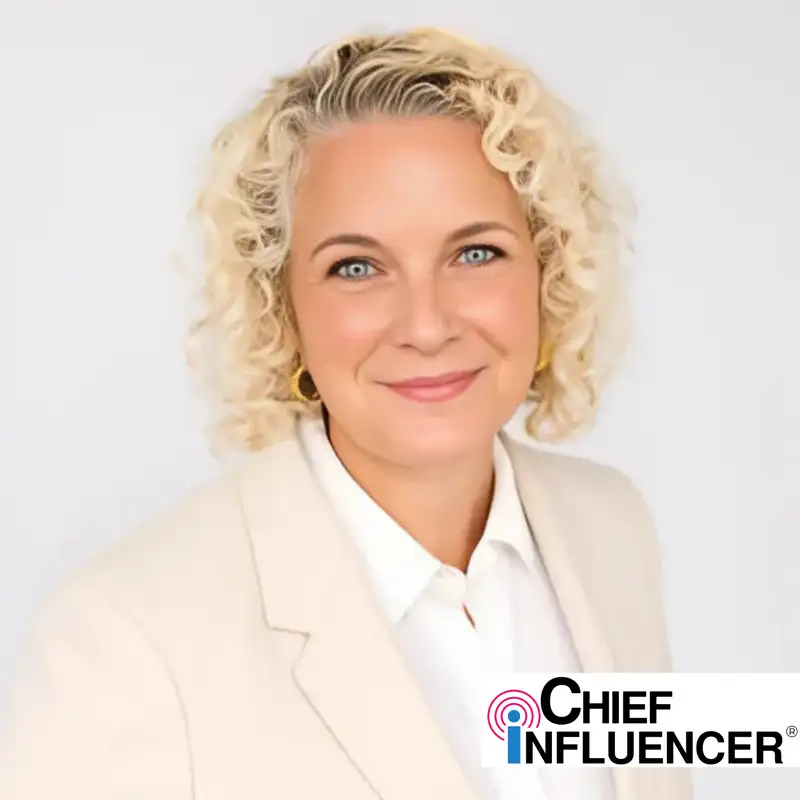Frederique Irwin, President and CEO of the National Women’s History Museum, discusses her transformative vision for the museum to become a dynamic, digital-first institution reaching audiences nationwide. She reflects on her diverse career, starting from founding 'herCorner' to leading impactful initiatives at the Sorenson Impact Center. Fred highlights the significance of empowering women and her unexpected yet strategic move into nonprofit leadership. The conversation also covers the museum's advocacy for the Smithsonian’s New Women's History Museum on the National Mall, their digital-first strategy, and the campaign 'She’s Not a Footnote and Neither Are You.' The interview underscores the importance of storytelling, authenticity, and adapting to market needs as vital components of influence.
Takeaways:
- Simplify Your Message: As Frederique shared, her mother taught her to make complex stories accessible. Translate complex information into simple, relatable terms that your audience can easily understand and engage with.
- Embrace a Digital-First Approach: The National Women's History Museum has successfully adopted a digital-first strategy, making their content accessible online. This is critical for reaching a broad audience, especially in today's digital age.
- Test and Iterate: Before committing to a complete overhaul (like a new website), test smaller initiatives to see how your audience responds. Frederique emphasized the importance of trying out different ideas and gradually amplifying what works.
- Focus on Authentic Storytelling: Authenticity is key. Frederique’s strategy involves consistent storytelling centered around women’s achievements. Real stories resonate more with audiences compared to generic, heavily messaged content.
- Know Your Audience: Identify and prioritize your primary audience to maximize impact. For the National Women’s History Museum, the focus is on educators and students, both inside and outside the classroom.
- Use Contemporary Campaigns: The 'She’s Not a Footnote' campaign highlights the importance of making historical content relevant and engaging today. Find creative and modern ways to package and present your content to maintain relevance.
- Listen to the Market: Pay attention to your audience’s feedback and be willing to adapt your strategies based on market responses. This iterative approach is fundamental in entrepreneurship and critical in ensuring your efforts align with audience needs.
Quote of the Show:
- "I stay aligned with what feels genuine, keeping my message focused on women and making sure that comes through clearly on LinkedIn and social media."
Links:
- LinkedIn: https://www.linkedin.com/in/frederiquecirwin/
- Website: https://www.womenshistory.org/
